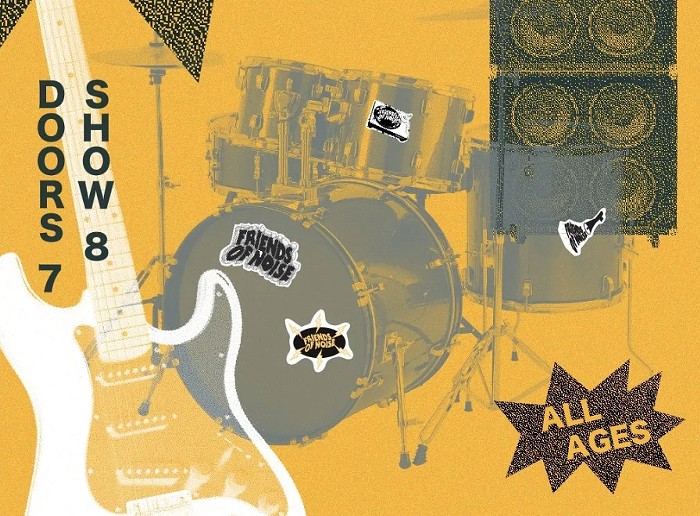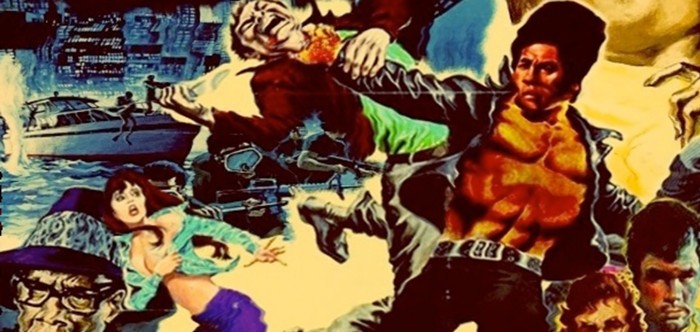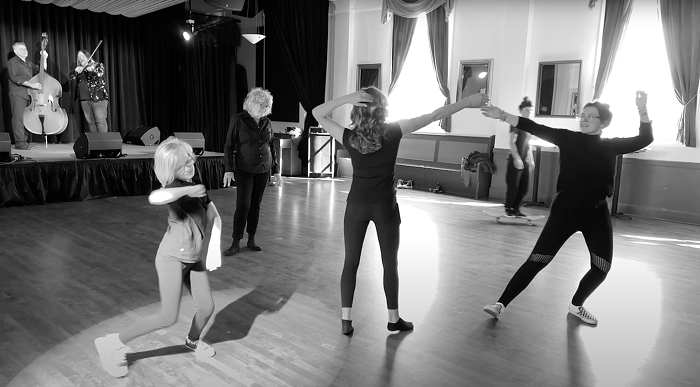CITY SUN EATER in the River of Light is Woods’ Graceland. This is the prolific band’s ninth album, but their first to explore East African rhythms—an odd but intriguing choice for a psych-folk group from Brooklyn. This introduction echoes Paul Simon’s incorporation of South African isicathamiya and mbaqanga on his 1986 masterpiece.
It’s an unexpected turn for the band, whose last record, 2014’s With Light and with Love, was a distillation of their most enduring qualities: meandering, kaleidoscopic riffs, bucolic melodies, and Jeremy Earl’s endearingly nasal voice. Woods’ Jarvis Taveniere tells me over the phone it was a sort of “best-of” album for the band. It wasn’t groundbreaking—in retrospect With Light and with Love was like a tune-up, a chance for them to perfect their mechanics before off-roading on City Sun Eater in the River of Light.
“For a lot of it we just wanted to go back to our earlier days, when we would just jam and have a few mics up,” he says. “We would put vocals on top of it and chop it up.”
Woods opens this newest effort with “Sun City Creeps,” a lush six-minute tableau of unease. It begins with ominous horns that loom overhead throughout the song like dark storm clouds. The band hasn’t abandoned psychedelia, but embroidered it with beats and instrumental elements inspired by Ethiopian jazz. The effect is a sinister grooviness, as Woods navigates complex interchanges between anxiety and solace.
Tracks like “I See in the Dark” are expansive and jammy but also precise and controlled—frenetic riffs and pulsing bass lines vibrate with nervous energy before being drowned by droning organ. “I just hit record on the tape machine and ran downstairs, picked up my bass, and we kind of found that groove,” Taveniere says.
Woods return to their dusty old wheelhouse on what seems like an accidental standout, “Morning Light.” It’s exquisite, but completely different from the rest of the album. For one song they cut the experimentation for four blissful minutes of Americana-psych, with nostalgia-inducing piano and the honeyed whinny of a pedal steel channeling the spirit of the Band, while Jeremy Earl’s airy vocals follow the melody like a feather dancing in the wind. “Morning Light” unfortunately serves as a reminder that, while their foray into East African-inspired rhythms is an interesting and well-executed diversion, Woods does psych-folk really well.
If there’s a Woods sound, Taveniere says it’s probably Earl’s voice—a trembling falsetto that’s somehow both the most and least distinctive quality of Woods’ music. His voice easily melts into the band’s songs, whether they’re rooted in trippy psychedelia, idyllic Americana, or complex East African beats. This is the link between the new and old on City Sun Eater in the River of Light, the one guarantee that, even if they decide to experiment with zydeco on the next record, Woods will probably always sound like Woods.


















